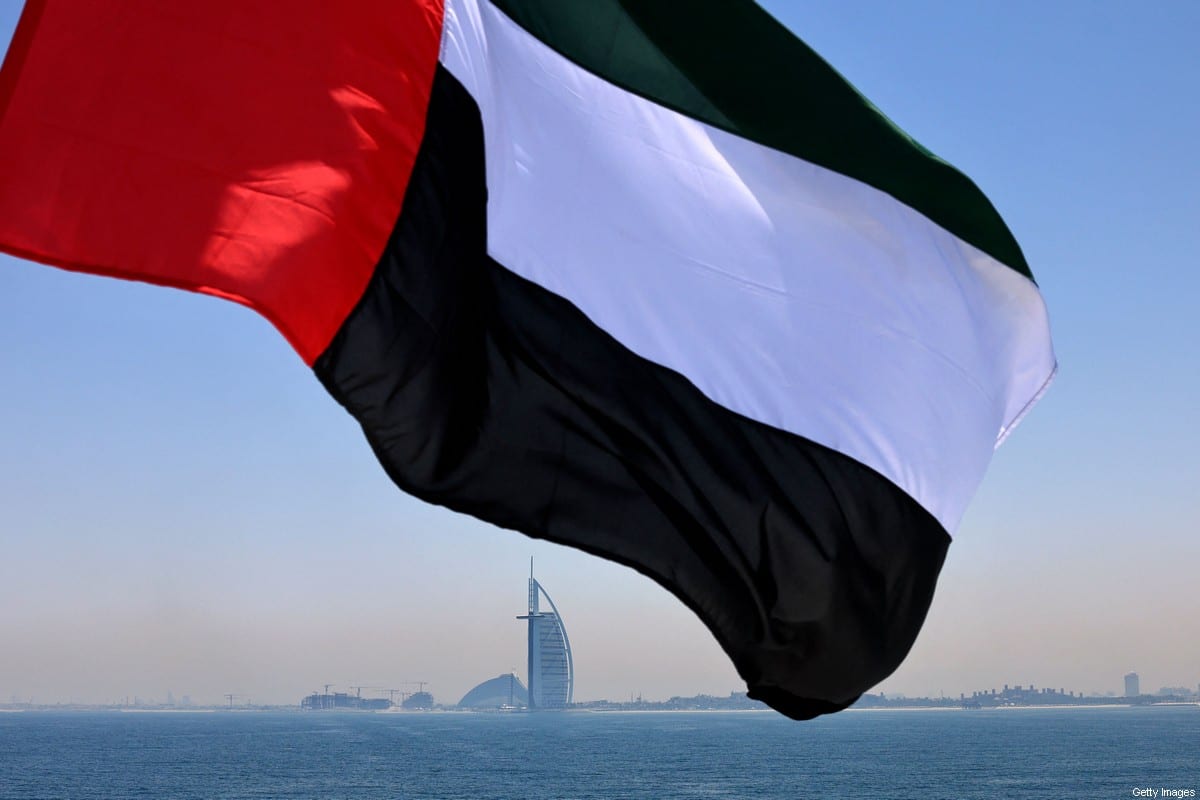
Recent statements from UAE officials highlight a renewed commitment to strengthening economic relationships with key European markets. The UAE's Minister of Economy emphasized that engaging with the EU is crucial for expanding trade, investment opportunities, and technology exchanges. This initiative aligns with the UAE's Vision 2021 plan, which focuses on fostering global trade networks and enhancing economic resilience.
Trade between the UAE and the EU has been significant in the past, with the UAE being one of the EU's top trading partners in the Middle East. The UAE’s strategic location and its status as a financial hub in the region have historically facilitated robust trade relations with European countries. However, the pandemic and other geopolitical factors have impacted the momentum of these interactions.
Current negotiations are expected to cover a range of areas, including trade tariffs, regulatory alignment, and investment facilitation. The UAE is particularly interested in exploring opportunities in sectors such as renewable energy, technology, and infrastructure. These sectors are viewed as pivotal for both the UAE's economic diversification and the EU's strategic interests in sustainable development and technological innovation.
The European Union, on its part, has shown a willingness to engage in dialogue, acknowledging the UAE’s role as a significant economic partner in the region. European officials have noted that reactivating trade talks could benefit both parties by addressing trade imbalances and unlocking potential in underdeveloped sectors.
Several key factors are driving this renewed focus on trade negotiations. Firstly, both the UAE and the EU are keen on boosting economic recovery following global disruptions. For the UAE, reinforcing trade relationships with Europe is also a strategic move to mitigate over-reliance on regional markets and enhance its global economic footprint. For the EU, strengthening ties with the UAE aligns with broader geopolitical goals and economic diversification strategies.
Trade experts suggest that the upcoming discussions could pave the way for new trade agreements or the revision of existing ones to reflect current economic realities. There is anticipation that these talks will address non-tariff barriers and improve market access for businesses on both sides.
In addition to economic benefits, the reactivation of trade talks is expected to foster closer collaboration in areas such as research and development. The UAE's investments in innovation and technology align well with Europe's expertise, presenting opportunities for joint ventures and collaborative projects.
As the UAE and the EU prepare to reinitiate discussions, the global business community watches closely. The outcome of these negotiations could have a significant impact on trade patterns and economic relations in the Middle East and Europe. Both parties are expected to bring substantial proposals to the table, reflecting their respective economic priorities and long-term strategic goals.
The UAE's proactive stance in rekindling trade discussions with the EU underscores its commitment to enhancing its economic partnerships and adapting to the evolving global trade landscape.
Topics
Economy
